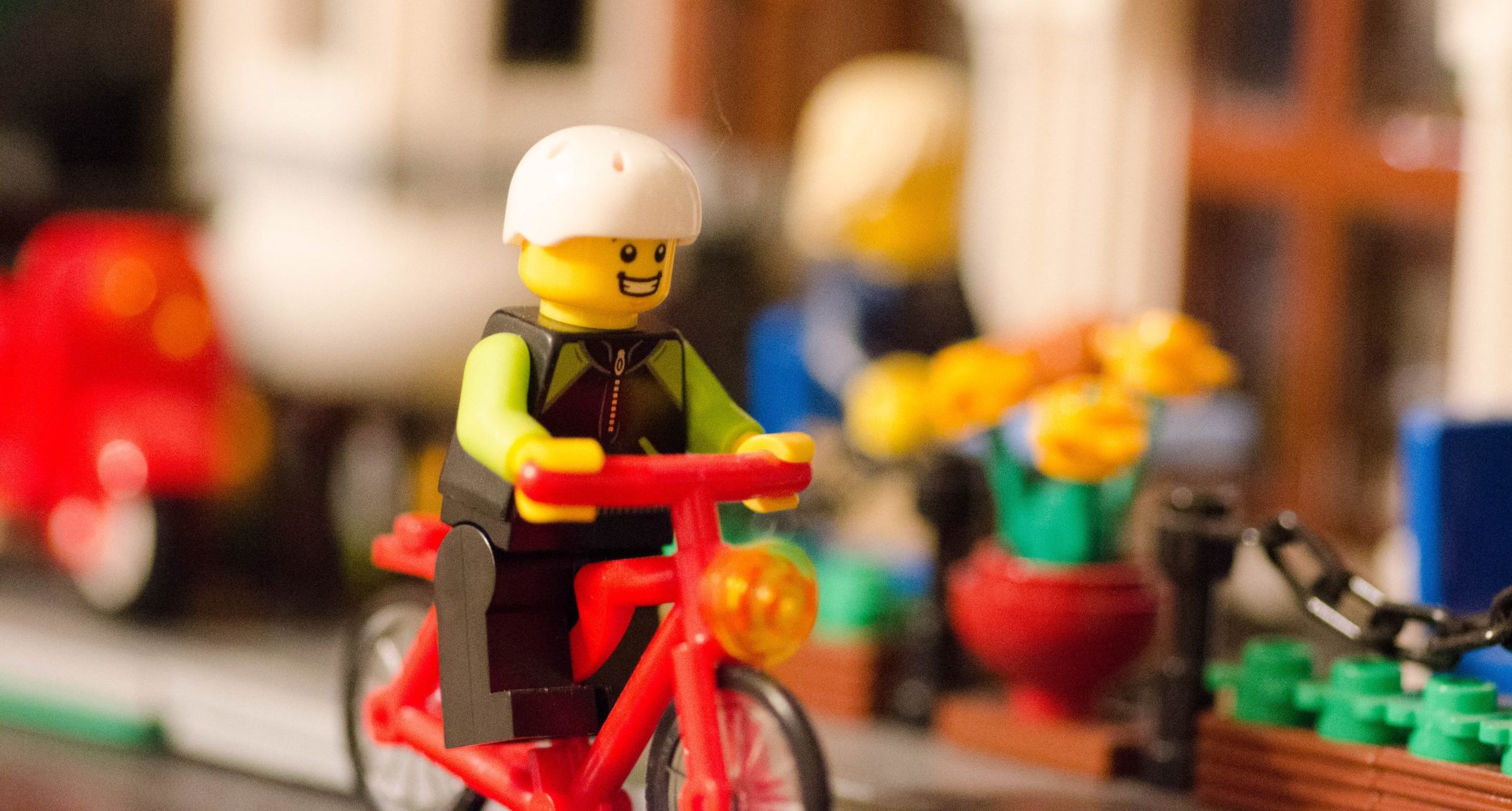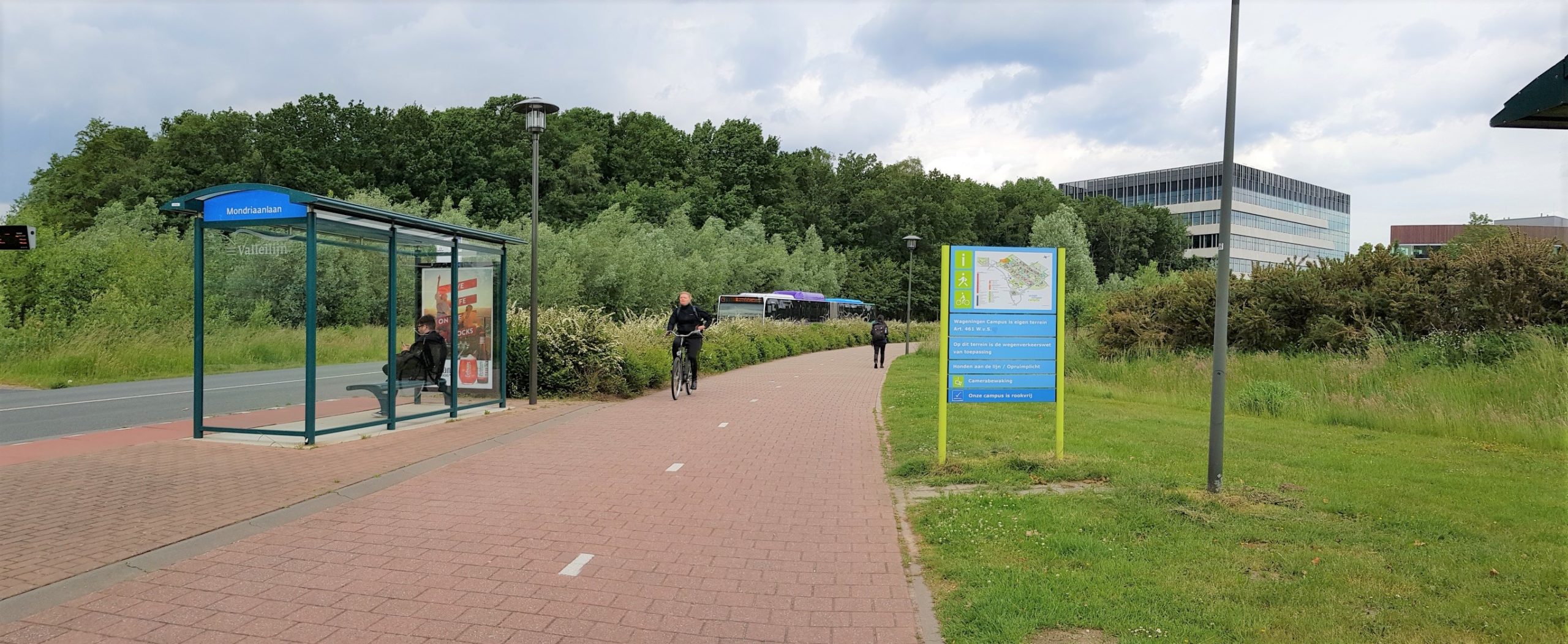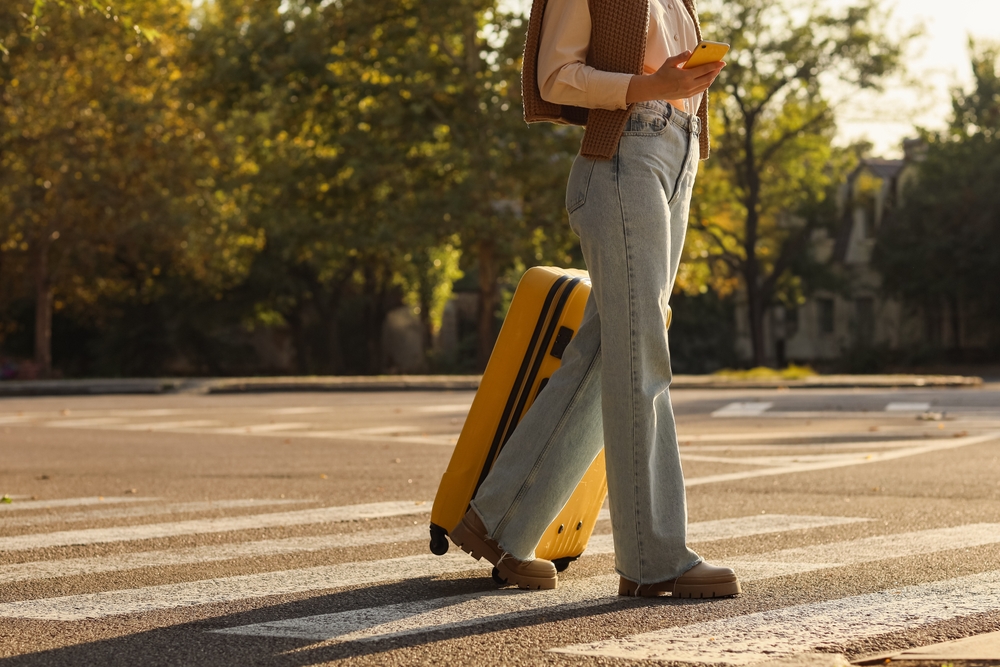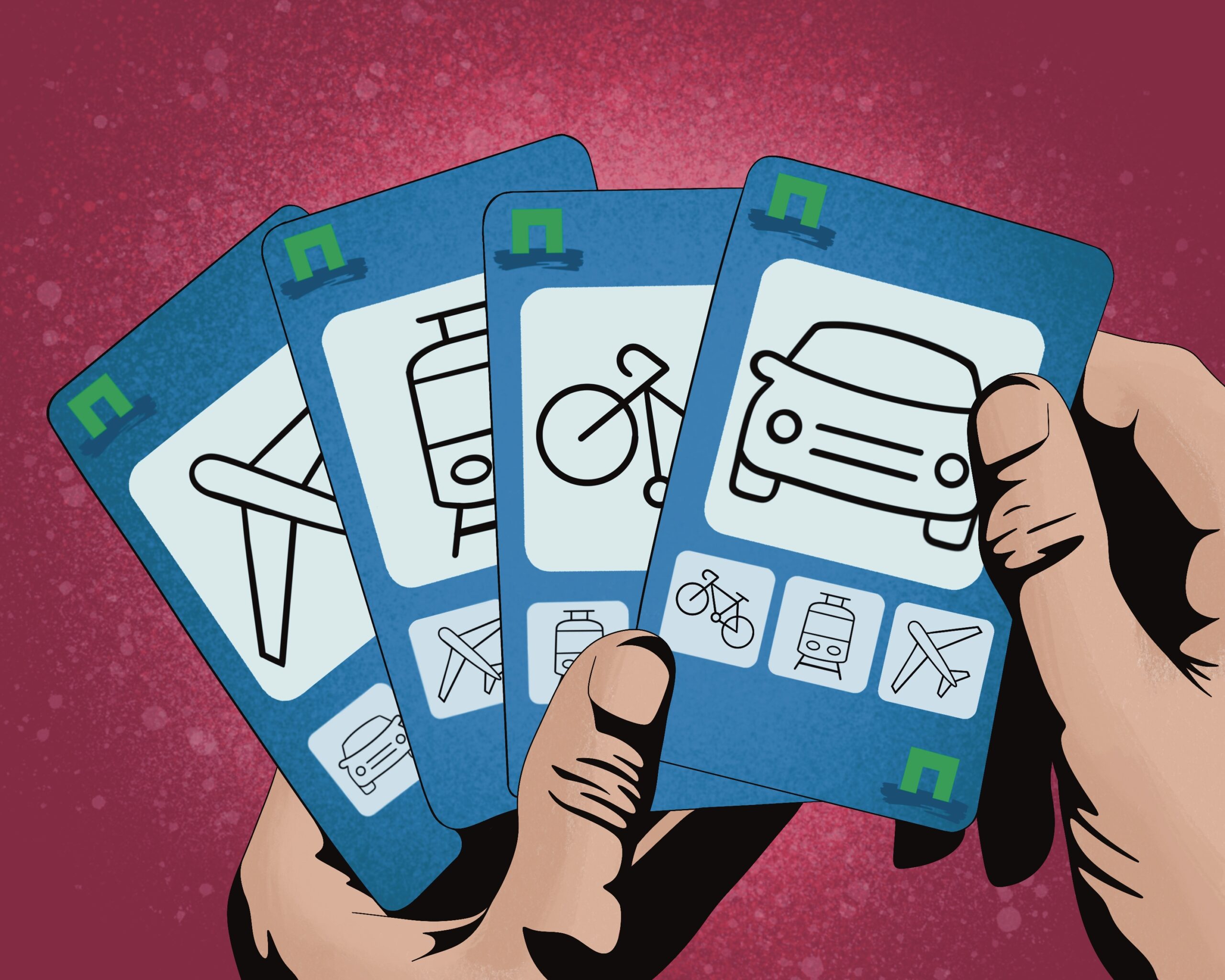People are starting to take issue with the prioritization of cars in the campus layout and the traffic on campus. That was clear in the kick-off of Scientists4Future last week but also from the action last summer by students in the parking area in front of Lumen, aimed at drawing attention to the dominance of asphalt in the Beter Bereikbaar Wageningen (More Accessible Wageningen) programme. What happened after that?
Back in the summer, the students handed out a questionnaire with questions about the future of mobility and the public spaces in and around campus. That survey has been completed and has now been analysed. The students point out that the survey was not intended as a scientific measurement, but they believe the results are meaningful.
Not sustainable
Nearly 600 people filled in the questionnaire, with WUR employees making up 29 per cent of the respondents and students 59 per cent. Only one in five would like to see the plans of Beter Bereikbaar Wageningen worked out in more detail while three in five would prefer to see the plans cancelled altogether. In addition, nearly four in five respondents think the proposed solution for Beter Bereikbaar Wageningen does not fit with the sustainability focus of the university and town. The survey also reveals that many respondents have concerns about the impact of Beter Bereikbaar Wageningen on the health of local residents, safety on the roads, the environment and the quality of life in Wageningen and on campus.
Furthermore, the survey shows there is a real need for better public transport. 71 per cent of the respondents say public transport is the key challenge for mobility in Wageningen. The connection with Ede-Wageningen station, whether by bus or by bike, is considered particularly poor. Even car drivers would like to see improvements to public transport: they often feel forced to go by car.
New Mobility Action Group
Master’s students Jacco Bontekoe (Land Use Planning) and Mayra van der Vrande (Biology) now want to take things further. They have set up the Wageningen New Mobility Action Group, in part to get a debate going about who the public space is really for. Bontekoe: ‘At present, traffic models are the starting point but the response to our survey shows that there is a lot of interest in switching to a new sustainable and green approach focused on quality of life. If we really want things to change, we need new, shared values driving the layout and use of public space, plus a vision for us to aim for.’

 According to the students, the survey reveals a clear preference for solutions that don’t prioritize cars. Photo Alan Hardman via Unsplash
According to the students, the survey reveals a clear preference for solutions that don’t prioritize cars. Photo Alan Hardman via Unsplash 

